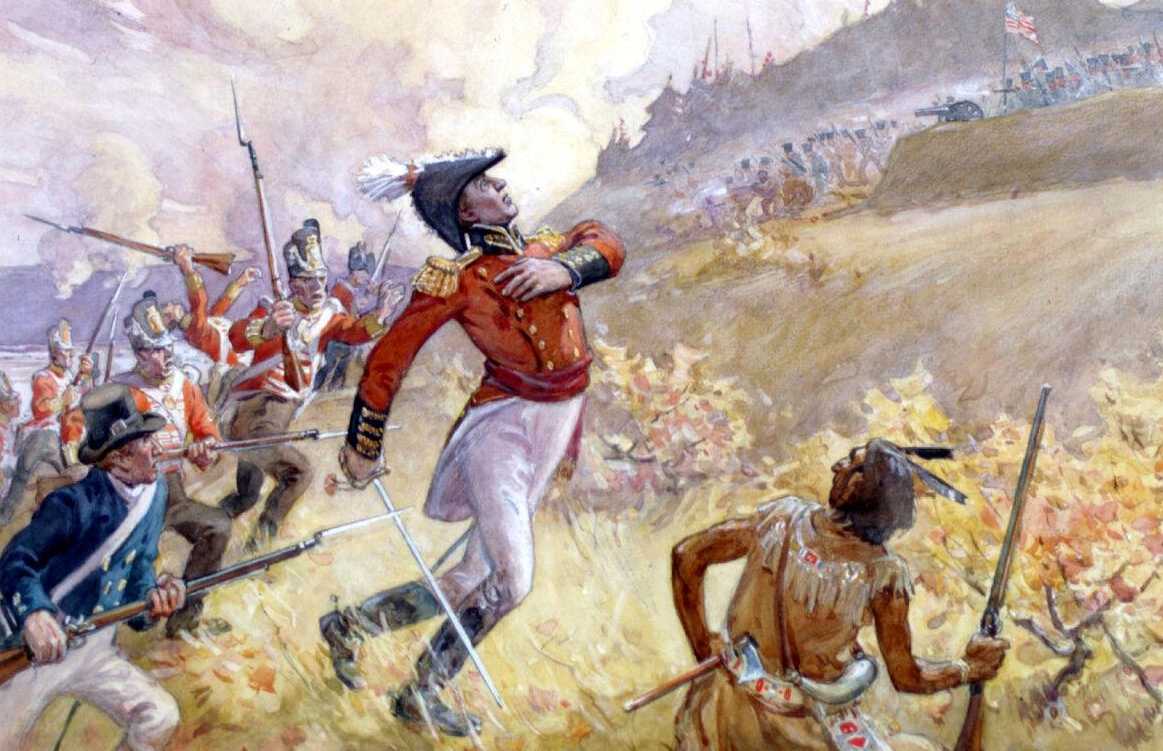The War of 1812, often overshadowed by other historical conflicts, remains a pivotal moment in North American history. Despite its relative obscurity, the reasons behind Britain’s loss to the United States are multifaceted, involving military, political, and logistical factors. To understand these dynamics fully, we can delve into the war’s strategic movements and outcomes, using history maps, War of 1812 maps, and battle maps as essential tools.
The Context of the War
The War of 1812, fought between the United States and Britain from 1812 to 1815, was influenced by several key factors:
Maritime Issues: British naval blockades and the impressment of American sailors incited American ire.
Territorial Ambitions: The US sought to expand its territory, particularly into Canada, then a British colony.
Native American Alliances: Britain supported various Native American tribes in resisting American expansion, further straining relations.
Key Battles and Campaigns
Using battle maps from the War of 1812, we can trace the critical engagements that shaped the conflict’s outcome:
Battle of Lake Erie (1813): This naval battle, illustrated in numerous history maps, was a turning point. American forces, under Oliver Hazard Perry, defeated the British fleet, securing control of Lake Erie. This victory allowed the US to reclaim Detroit and gain a strategic advantage in the Northwest Territory.
Battle of New Orleans (1815): Although the Treaty of Ghent had been signed, news had not reached the combatants. General Andrew Jackson’s forces decisively defeated the British, preventing them from gaining control of the Mississippi River. Battle maps of New Orleans highlight the defensive strategies that led to this significant American victory.
Campaigns in the Chesapeake Bay: The British burned Washington D.C., including the White House, in 1814. Despite this temporary success, subsequent battles, such as the defense of Baltimore (immortalized in the Star-Spangled Banner), showcased American resilience.
Strategic and Logistical Challenges
Several broader strategic and logistical issues contributed to Britain’s failure to secure a decisive victory:
Geographic Disadvantages: War of 1812 maps reveal the vast and challenging terrains that British forces had to navigate. The American frontier’s expanse and diversity made sustained military campaigns difficult for the British, who were also engaged in the Napoleonic Wars in Europe.
Supply Lines and Resources: Maintaining extended supply lines across the Atlantic was a logistical nightmare. The British military, already stretched thin by European conflicts, struggled to support a full-scale war effort in North America.
American Naval Strategy: Although the British Royal Navy was the world’s most powerful, American naval strategies, including privateering and the use of smaller, more agile ships, proved effective. The American frigate USS Constitution, for instance, won several notable victories against British ships, as depicted in various naval battle maps of the era.
Political and Diplomatic Factors
The war’s conclusion was as much a diplomatic outcome as it was a military one:
Treaty of Ghent: Signed in December 1814, the treaty essentially restored pre-war boundaries, with no significant territorial gains for either side. However, the war fostered a sense of national identity and legitimacy for the United States on the global stage.
British Priorities: With the fall of Napoleon in 1814, Britain’s strategic priorities shifted. The need to stabilize Europe took precedence over North American conflicts. This shift is evident in diplomatic history maps that outline Britain’s global engagements during this period.
Britain’s loss in the War of 1812 was not due to a single factor but rather a confluence of military, logistical, and political challenges. By examining history maps, War of 1812 maps, and detailed battle maps, we gain insights into the complexities of the conflict. The war underscored the difficulties of sustaining overseas military campaigns and highlighted the emergent American resilience and strategic ingenuity. Ultimately, the War of 1812 paved the way for a more defined and assertive American identity on the world stage.


